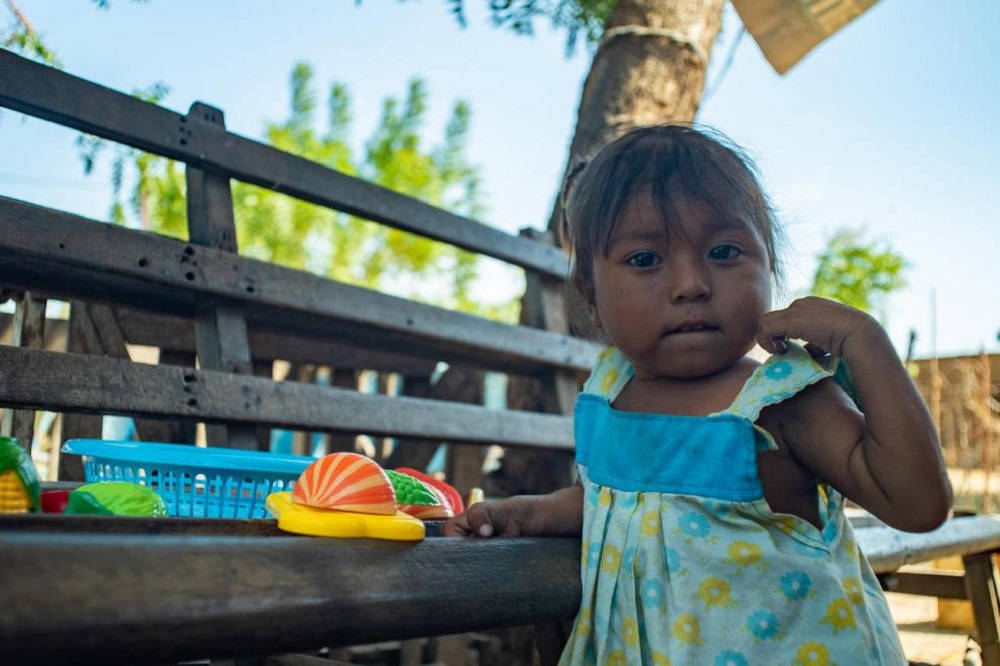In this world where every child deserves equal opportunities, accessible healthcare and education are fundamental rights. They should be provided to all. But, underprivileged children often face significant barriers. That hinders their access to these essential services. This blog of Fikrah aims to shed light on the importance of accessible healthcare and education for underprivileged children. Highlighting the transformative impact they can have on their lives and the broader community.
Importance of accessible healthcare and education for underprivileged children
1. Accessible Healthcare for Holistic Development:
Accessible healthcare plays a vital role in the well-being and development of underprivileged children. Unfortunately, many lack access to basic healthcare services. Leading to untreated illnesses and compromised growth. By providing accessible healthcare, we can ensure early detection and prevention of diseases.
We can promote healthy development, and improve their quality of life. Regular check-ups, vaccinations, and access to healthcare professionals can mitigate the long-term consequences of untreated conditions. Enabling children to reach their full potential.
2. Empowering through Education:
Accessible education is a powerful tool. It empowers underprivileged children to break the cycle of poverty. It equips them with knowledge, skills, and opportunities for a brighter future. Education opens doors to better job prospects, higher incomes, and improved socio-economic conditions.
Beyond academics, education fosters critical thinking, problem-solving abilities, and creativity. It nurtures confidence, self-esteem, and social skills. Enabling children to overcome challenges and contribute to society. Accessible education provides underprivileged children with a pathway to success. It empowers them to shape their own destinies.
3. Addressing Systemic Barriers:
To ensure accessible healthcare and education for underprivileged children, it is crucial to address the systemic barriers they face. Governments, communities, NGOs, and individuals must come together to tackle these challenges. This includes establishing healthcare clinics and schools in underserved areas. Providing transportation facilities to overcome geographical barriers.
Also offering scholarships or financial reduce financial constraints. Empowering parents through education and awareness programs is important. To foster a supportive environment for children’s development. Advocating for policy changes and fair resource distribution is vital in creating a more inclusive society. Where every child, regardless of their socio-economic background, has equal opportunities.
Click here to know more about “Improving education of Slum Children.”
Conclusion:
Accessible healthcare and education are not just privileges. They are essential rights for underprivileged children. By recognizing and addressing the barriers they face, we can create a more fair society. Providing accessible healthcare and education empowers underprivileged children. Enabling them to lead healthier, more fulfilling lives, and break the cycle of poverty. Thus contribute to the world around them.

